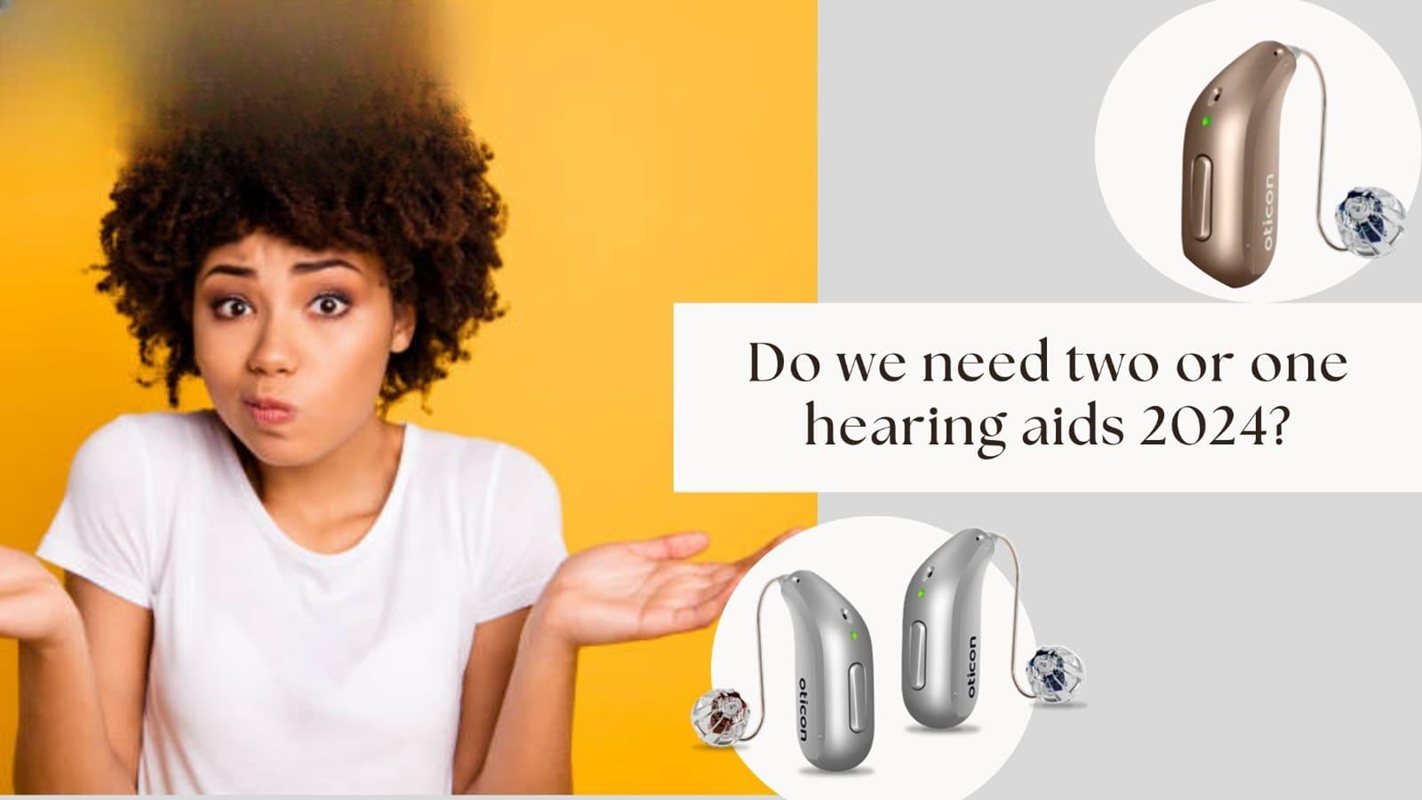
Do you need one or two hearing aids?
When it comes to hearing loss, a common question arises: Do I need one hearing aid or two? The answer depends on the nature of your hearing loss and your lifestyle needs.
1. Hearing loss in both ears (bilateral hearing loss)
If you experience hearing loss in both ears, it is usually recommended to wear two hearing aids. This approach is known as binaural hearing, which has several benefits:
- Improved sound localization: Two hearing aids help you identify where sounds are coming from, which is important for safety and situational awareness.
- Improved speech understanding: Using both ears increases your ability to understand conversations, especially in noisy environments.
- Less listening effort: Balanced listening reduces the strain on your brain and ears, making listening more comfortable.
2. Hearing loss in one ear (unilateral hearing loss)
If only one ear is affected, a single hearing aid may be sufficient. However, some conditions, such as unilateral deafness, may require specialized solutions, such as contralateral routing of signals (CROS) systems.
3. Lifestyle and preferences
Some people may initially prefer one hearing aid due to budget constraints or comfort. However, audiologists often insist that if both ears are affected, two hearing aids provide a more natural listening experience.
Final thoughts
It’s important to consult a qualified audiologist to determine the best solution. They will assess your hearing needs and guide you toward the most effective option – whether that’s one hearing aid or two.
Remember, balanced hearing isn’t just about sound; it’s about enhancing your quality of life.















